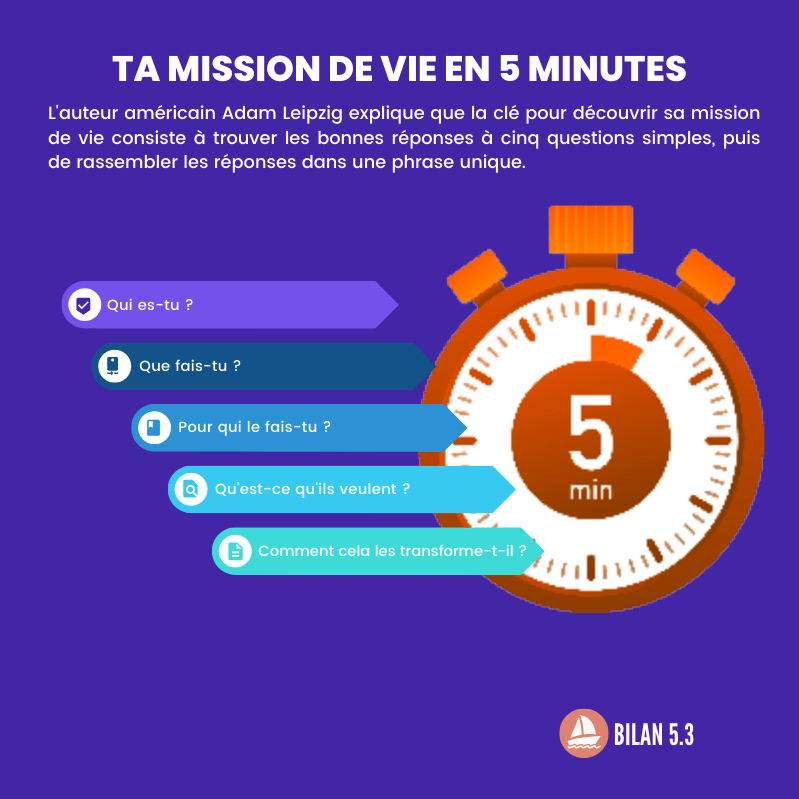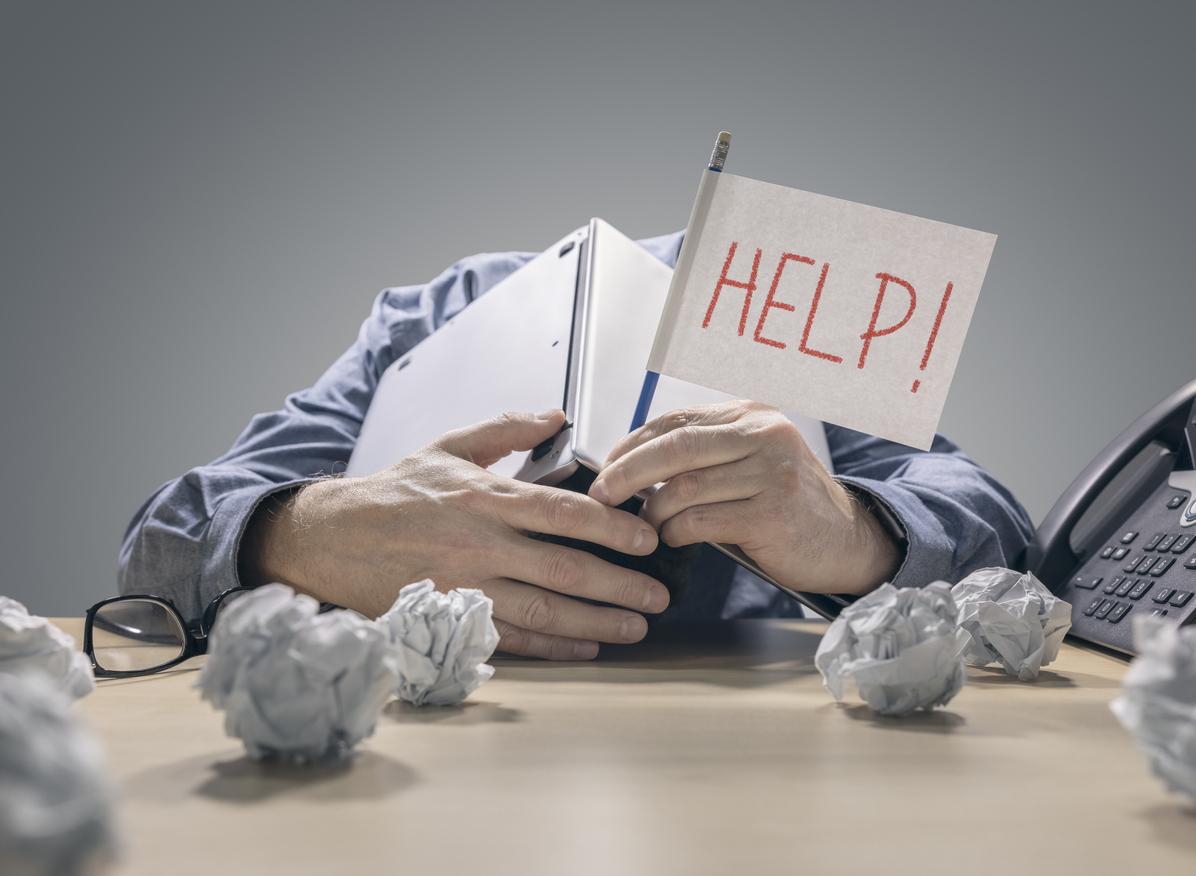If you feel safe from burnout in your job, know that the way you get there and the duration of your journey can also lead to burnout.
A study by the University of Montreal conducted by a young researcher has deciphered the impact of different modes of transport and their duration on the risk of burnout.
To do this, Annie Barreck observed the transport habits and the three dimensions of burnout (emotional exhaustion, cynicism and work efficiency) of 1,942 people, aged 17 to 69. The researcher then found that the duration of home-work journeys, the distance travelled, the means of transport used, traffic jams and the region where one works were all stress factors likely to modify the risk of burn-out.
The scientist has thus observed that long journeys both by car than in public transit were harmful to the worker. The car journey is subject to the vagaries of traffic, which causes stress and a loss of control, all the more important when you are a passenger. On their side, public transport make you feel less efficient at work. Unpredictable deadlines create a fear of delay, a source of stress. But fortunately, the metro is still less stressful than the car, because it is more punctual.
On the walking and cycling side, the effect of travel time also depends on the areas where you work. A journey by bicycle or on foot will be more anxiety-provoking in small urban areas than in large urban centers, where infrastructures guarantee the safety of walkers (cycle paths, sidewalks, pedestrian crossings, etc.).
In general, the acceptable duration of a home-work journey is estimated at 20 minutes, according to Annie Barreck, or 12 minutes less than the average of the participants. She recommends in any case not to exceed 35 minutes of travel, because beyond that, “it is the degree of cynicism towards employment that rises, regardless of whether one is a driver or a passenger”.
The author therefore advises companies to implement more flexible working hours, to facilitate welfare employees whose efficiency will be increased.
Read also :
Burn-out: soon to be recognized as an occupational disease?
Burn-out: what are the jobs most at risk?
Parental burnout: when parents crack
















